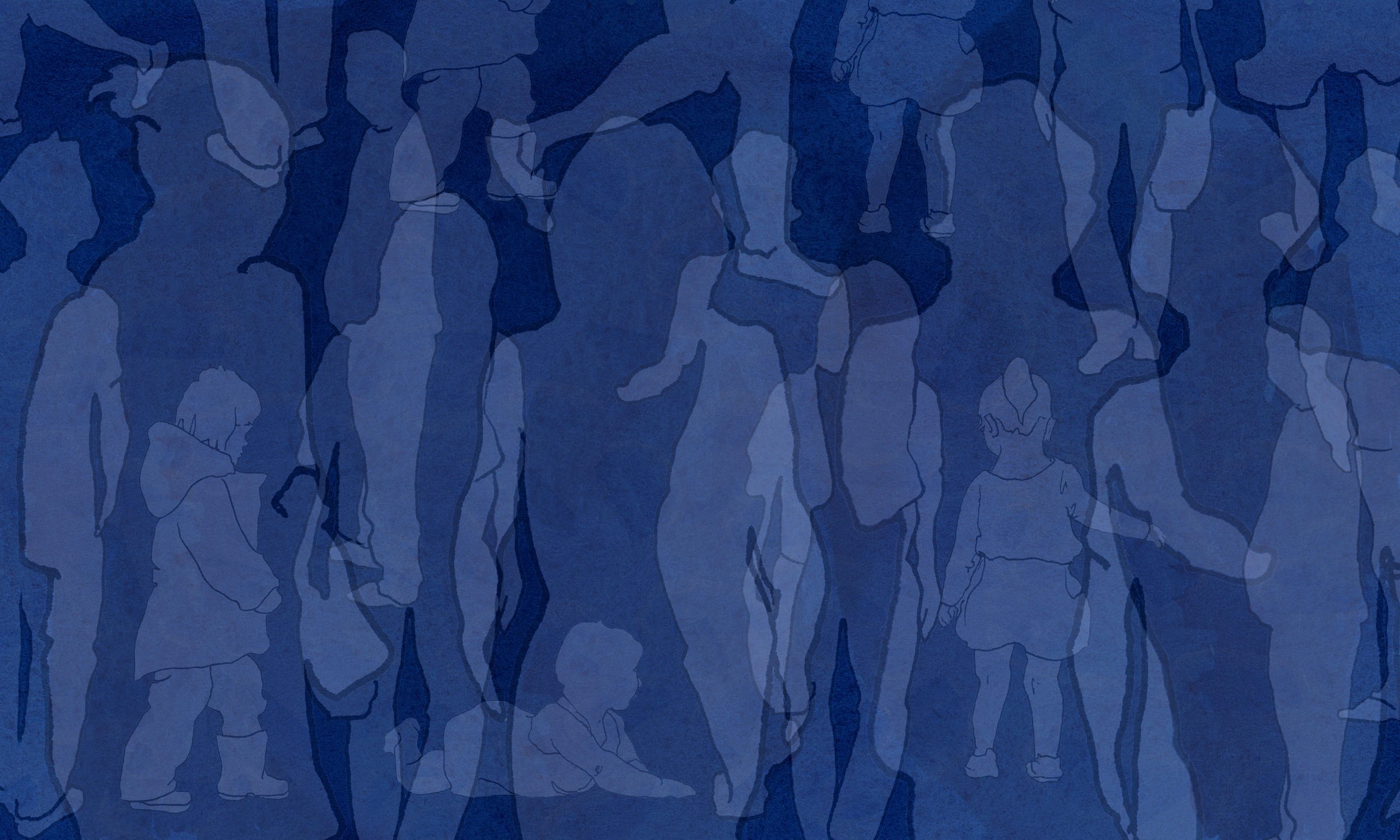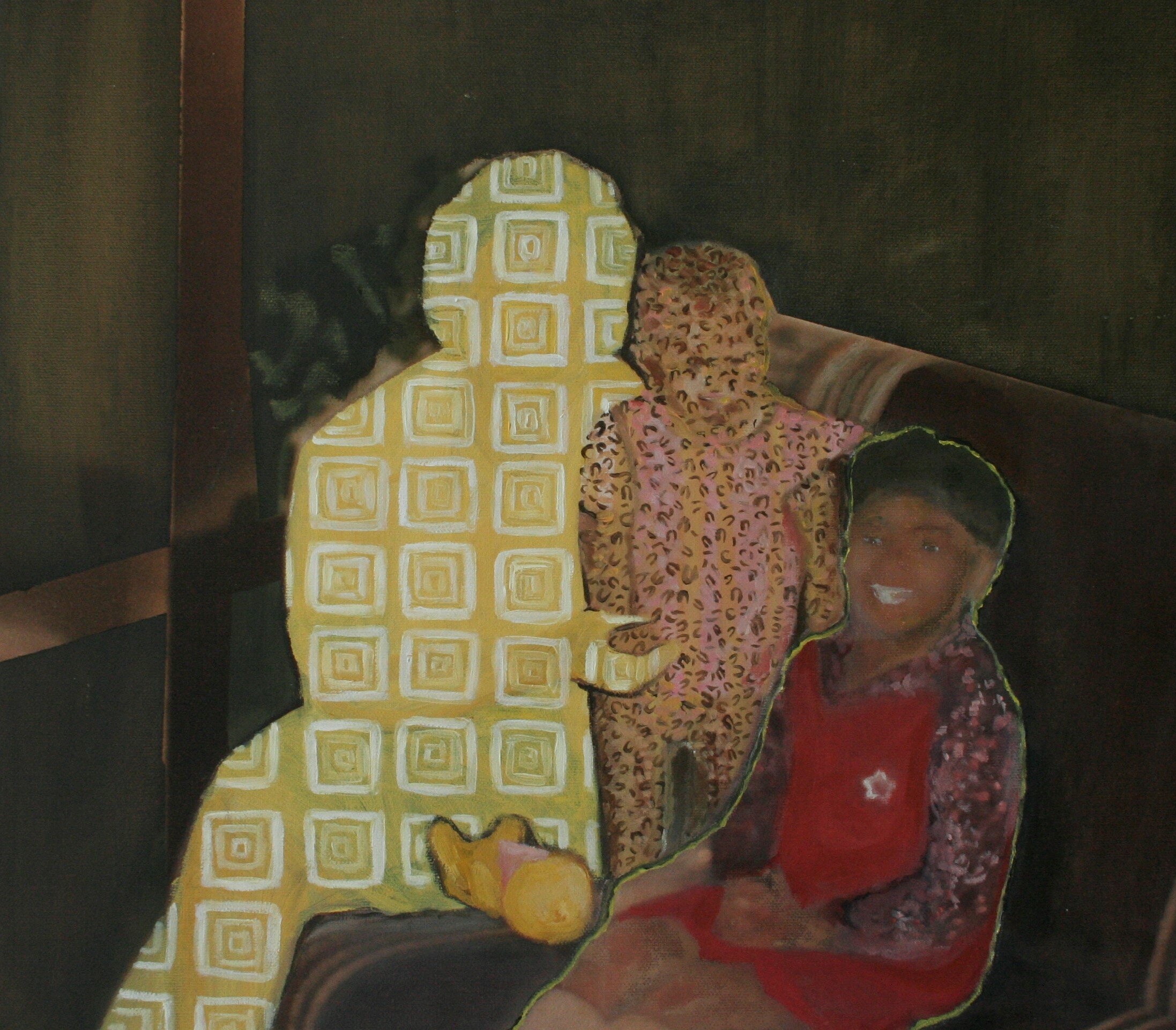Three Things I've Learned from Dr Joëlle Gergis
Listen to our conversation with Joelle over at the reMAKERS
Dr Joëlle Gergis is a one of the world’s leading climate scientists. Which means her life’s work is to think, research, teach and write about something most of us can’t bear to contemplate deeply for more than 10 minutes. Her profession is akin to being an oncologist for the whole world: trying to tell us how bad it really is, how much worse it could get and what we need to do if we want to get better. Meanwhile the patient is still smoking a pack a day and wants to be told it’s all going to be fine.
I was nervous going into my interview with Joëlle. I kept thinking about the film ‘Don’t Look Up’ and how the pithy morning tv breakfast co-hosts (played so brilliantly by Cate Blanchette and Tyler Perry) don’t want to leave their audience on a downer, so they try to perk up a story about an asteroid on a planet-ending collision course towards Earth. The real experts are incredulous. Some things aren’t supposed to be cheery or make us feel good.
So, what’s it like for Joëlle to be the messenger of bad news, trying to package it in ever-hopeful, careful language so conscientiously chosen? How do scientists like her bear this burden when they’re supposed to embody clinical detachment, no matter how often they’re ignored or vilified? And could I have a useful conversation with her that went into vulnerable and hard places with compassion and curiosity, without just making people want to switch off?
I want to say emphatically that Joëlle was a wise and gentle guide into this dark terrain. Her book, Humanity’s Moment: A climate scientist’s case for hope, systematically swept away any and all of the little defences I had half told myself over the years about why climate change wasn’t going to be as bad or as scary as predicted. But in place of this form of ‘believer’s denial’ I was using as a bandaid, Joëlle offered something better.
Here are but three things I’ve learned from Dr Joëlle Gergis.
1. We can still come back from this. How bad we let things get is still very much up to us.
Sometimes in circles that supposedly know about, and talk about, climate change there’s this fear that we’re not meant to put on the pamphlet: what if it’s already over? What if, even if all of humanity permanently stopped emitting greenhouse gases tomorrow, there’s no world in which we can look forward to what communications maven Anat Shenker calls, ‘all of our beautiful tomorrows’?
So I wanted to hear directly from someone who really knew: how bad is it, really?
“The situation is pretty grim, there is a lot of heat now baked into the system that’s going to result in some level of climate change,” Joëlle told me in our interview.
“But we can still avert the worst. Every fraction of a degree matters.”
Right now we’ve warmed the planet about 1.2 °C, and we can see the escalating impacts in the news, in our lives, our communities, our countries. Let’s just say that 1.2 °C of warming is already pretty scary and unpleasant, thank you very much. 1.3 °C, 1.4 °C, 1.5 °C scarier still — and yet keeping things to this point is currently our stated goal under the Paris Agreement.
But — and it’s a big but — even if we fail in that goal, all is not lost. Climate change is not a pass-fail test and once we tip over 1.5 °C of warming we’re on an runaway train towards doom.
“We’re not in a situation of runaway climate change and this inevitability of tipping points cascading, and sending us deep into the apocalypse, which I think is good news,” says Joëlle.
“The scientific community are saying once we start to stabilise emissions temperatures stabilise alongside that. That’s good news. The system is sensitive enough to start to stabilise. The bad news is that while it re-forms an equilibrium, things that have been set off in train, for instance the melting of ice sheets, will continue to play out over decades and centuries to come.
“So there is a certain degree of locked-in warming, that’s true, but it’s not to the degree where we feel like we can’t come back from that,” says Joëlle.
2. We are not on track, yet.
The flip side of assuming it’s already too late is wanting to believe that it’s (finally) all on track. Between technology and finance leaping ahead and a critical mass of politicians belatedly coming along, us mere mortals can once again trust the powers that be to sort it all out. Nope.
“We’re at a fateful moment in our history,” says Joëlle. As she writes in Humanity’s Moment (p14):
“To have a chance of limiting warming to 1.5 degrees C by 2100, global emissions need to halve by 2030. This means the world needs to more than double its current emissions-reduction pledges to restrict warming to 1.5 degree C. We have a hell of a job ahead of us.”
‘What about the fact that, even domestically in Australia, net zero by 2050 is now bipartisan policy, and we just this month have new climate targets finally enshrined into law in Australia?’ I asked.
“Where we are is not enough, but it’s a really good start,” Joëlle replied.
She explained that while it’s great that the Australian government have begun to set a ‘floor’ by enshrining emission reduction targets into legislation, at the same time there are 114 different new coal and gas projects slated for exploration or in the pipeline. “That’s entirely inconsistent with what the scientific community says we need to do,” she says.
People demonstrably are concerned about climate change. Outright denial is a thing (mostly) of the past, or mainly on the fringes. But we have work to do in removing the social license for new coal and gas projects, while we transition and scale up other solutions.
3. Transformation isn’t a destination, but a process.
“Every single decision that’s ever been made in humanity’s history has led us to this point where we’ve actually destabilised the Earth’s climate, which is an extraordinary thing to think about… Human beings are now a geologic force on the planet,” she told me. What a thing to contemplate indeed.
Joëlle’s work has me reflecting more deeply that we’re not just talking about ‘net zero’ and technologies and laws to help us get there, but a paradigm shift for homo sapiens (from the Latin for “wise human”).
Can we envision a holistic shift from an industrial civilisation to an ecological one? From a mindset of ‘extract and exploit’ to ‘heal and repair’? I’m not sure. That kind of deep transformation is a generations-long process, not a mere campaign goal or low-carbon destination. And the world is still a glorious, complicated mess in the meantime.
“It’s not a done deal — in the sense that it’s going to be something prolonged and ongoing,” says Joëlle. “It’s going to be something we need to take a stand for every day, every year, every generation; that it becomes part of this shared philosophy of shared cultural values that we all get behind… It’s not some magical point that we reach Utopia and we’re done.”
But that’s the human story, isn’t it? Whether we’re talking about gender equality, racial justice, peace — we don’t just do it once and call it done. Also, we’re not going to arrive at some perfect end goal or destination in our lifetimes, so let’s make the journey worthwhile. Let’s infuse it with beauty and joy and meaning.
“We’ll look back on the 2020s the same way we think about the 1960s,” says Joëlle. “You want to be able to say to your grandkids, ‘I showed up in that moment. I went on that march. I did that thing that made a difference.’”
Because what we do, in the next ten years especially, actually matters more than it should to the future of life on Earth.
“It’s the dawn of a new era, but we’ve got to move quickly,” she says.
Despite the burden of all she knows (and all that I still don’t want to know), Joëlle embodies what Joanna Macy calls ‘active hope’, and that hope is contagious.
We are actually in a moment of healing, she tells me. “It's a moment where we can right the wrongs of the past.” The sunbelt countries of Africa and South Asia are primed to profit from solar energy. Indigenous cultures and voices are primed to be heard and respected. There is so much good we will do.
Holocaust, war, pandemic, fires, floods — “no matter what is going on, people will always step up… You can’t tell me there’s not goodness in humanity,” she told me.
So now is our opportunity to forge a new kind of legacy… to lean into the transformation that will leave, literally, a different world. “That to me is a meaningful life. Even if we fail, at least we tried. That’s basically my philosophy on it,” she says.
For the full interview and show notes, click here or find the reMAKERS wherever you listen to podcasts.
LILY SPENCER
Lilian Spencer is the Communications Lead for Australia reMADE. She believes that the secret to change is to, ‘focus your energy not on fighting the old, but on building the new.’
Selected Other blogs by LILY:
If a tree falls in your front yard, who comes to clean it up?
What is our why? Reclaiming our sense of purpose as a country








